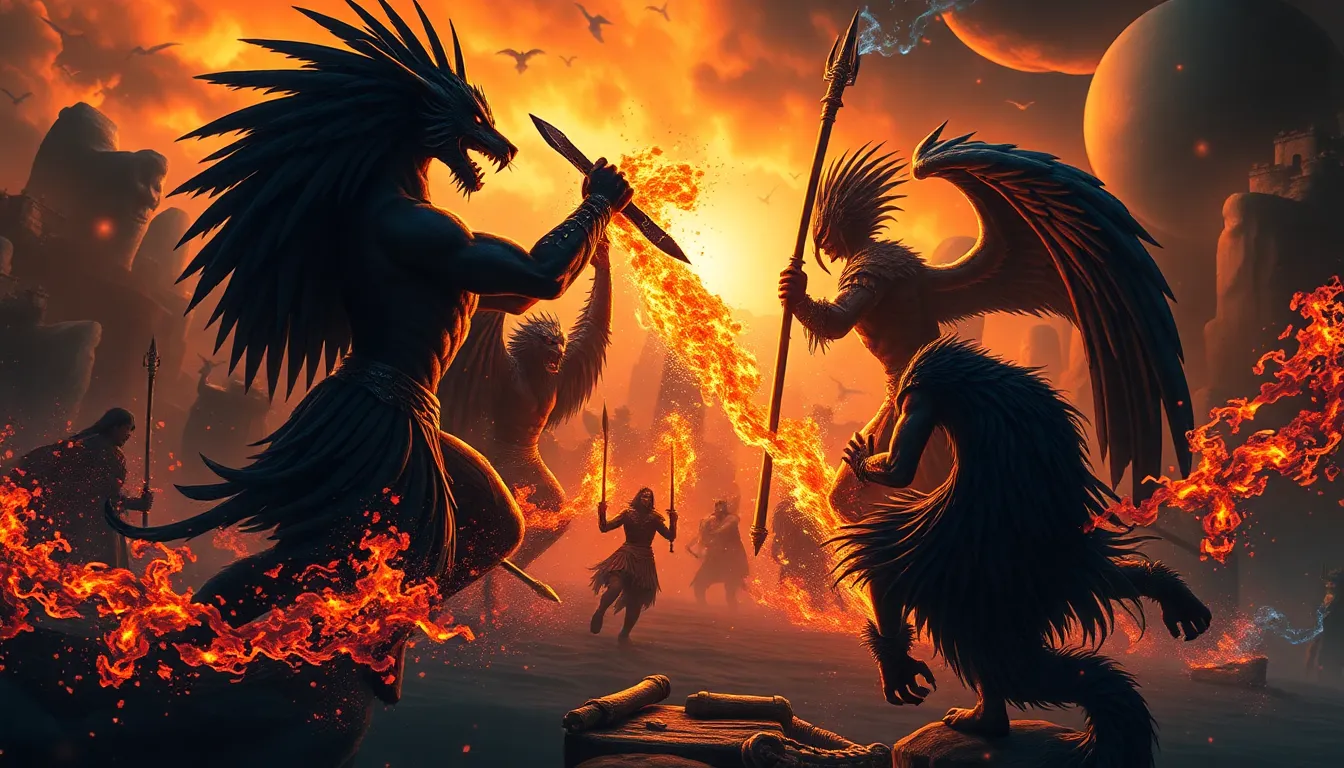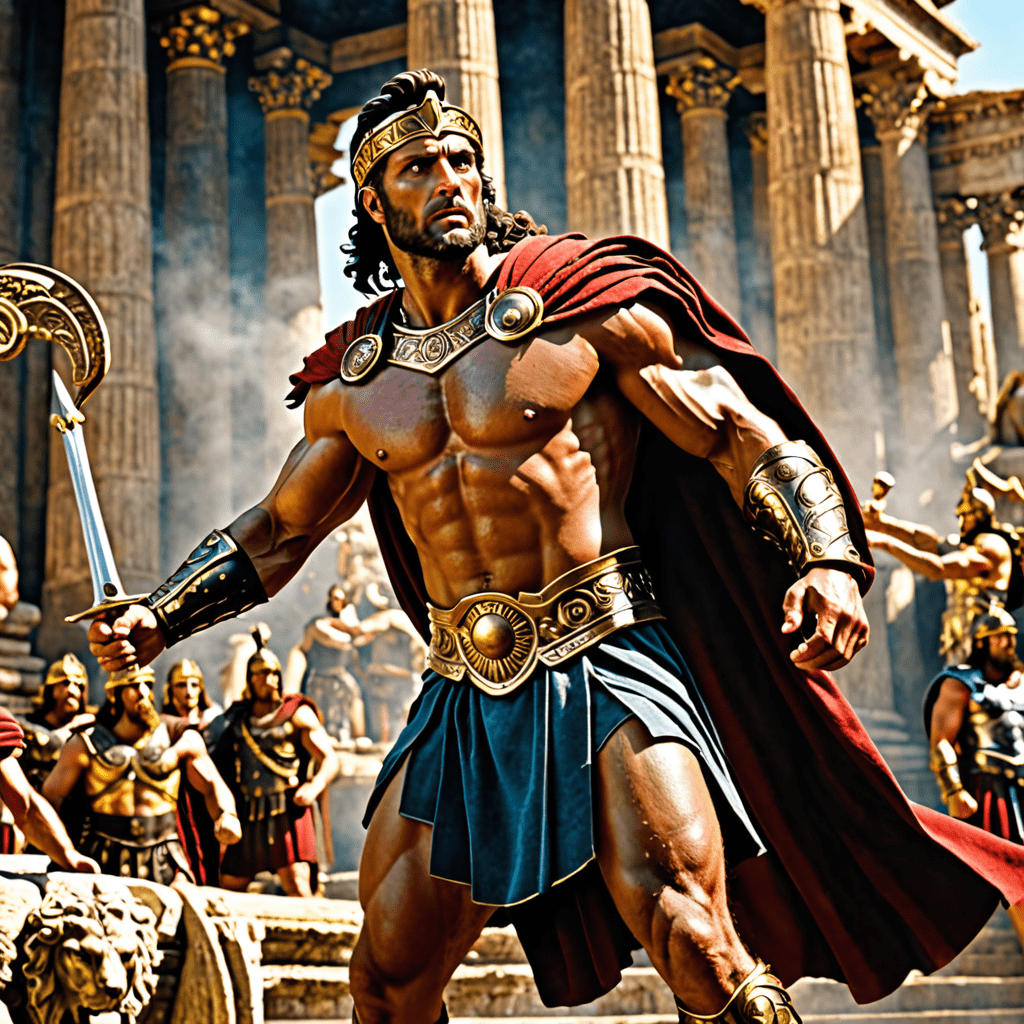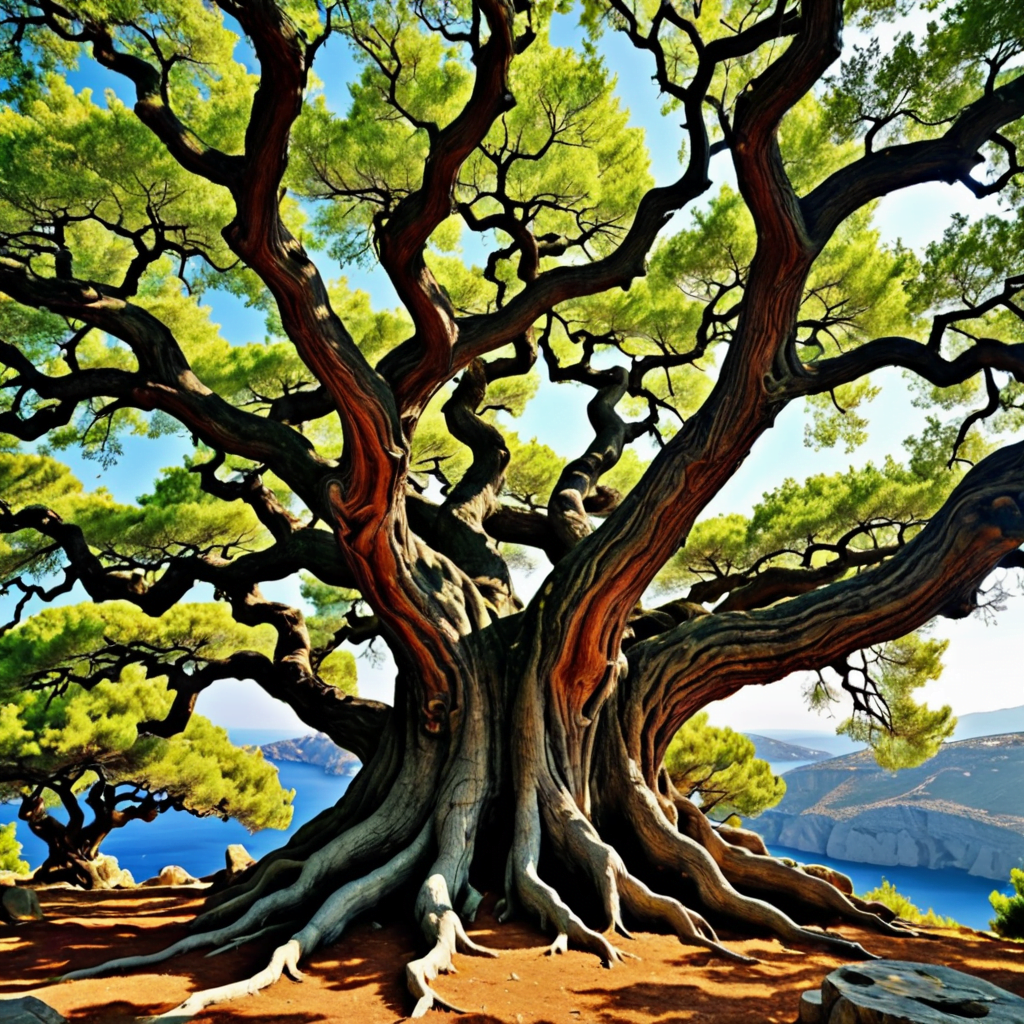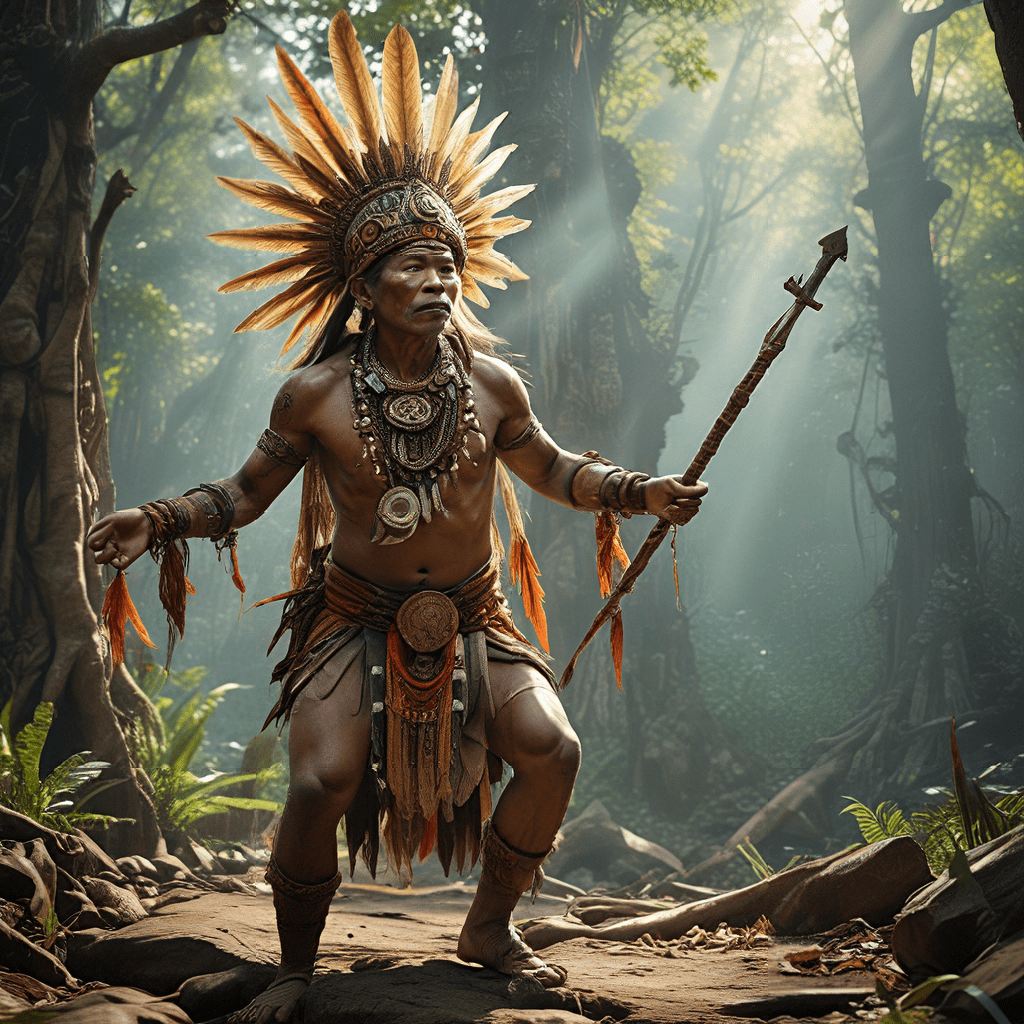Epic Battles of the Ancients: Myths That Shook the World!
I. Introduction to Ancient Myths and Battles
Myths have played a crucial role in shaping the cultures and societies of ancient civilizations. Defined as traditional stories that explain natural or social phenomena, myths often encompass tales of gods, heroes, and epic battles that resonate with the collective memory of people. These narratives not only served as entertainment but also as moral and ethical frameworks, guiding the behaviors and beliefs of ancient societies.
The connection between mythology and historical battles is profound. Many ancient battles were believed to have been influenced or determined by the actions of gods and divine beings. This intertwining of the mortal and divine illustrates the significance of these myths in understanding the cultural fabric of ancient civilizations. This article aims to explore legendary battles that have shaped civilizations and continue to influence modern narratives.
II. The Trojan War: A Clash of Heroes and Gods
The Trojan War, a legendary conflict chronicled in Homer’s “Iliad,” serves as a quintessential example of myth intertwined with historical battles. The war was sparked by the abduction of Helen, the wife of Menelaus, by Paris of Troy. This act led to a coalition of Greek forces, led by Agamemnon, to lay siege to the city of Troy.
Key figures in this epic saga include:
- Achilles: The greatest Greek warrior whose wrath and personal conflict drive much of the narrative.
- Hector: The noble Trojan prince and defender of Troy, representing honor and duty.
- Helen of Troy: Her beauty and the circumstances of her abduction ignited the war.
The divine intervention of gods and goddesses played a significant role in the conflict. Figures such as Zeus, Hera, and Athena took sides, often swaying the outcomes of battles and the fates of heroes. The consequences of the Trojan War were far-reaching, leading to the eventual downfall of Troy and significant changes in Greek and Trojan societies, including the myth of the Trojan Horse which symbolizes cunning and deception.
III. The Battle of the Titans: Greek Mythology’s Cosmic Conflict
In Greek mythology, the Battle of the Titans marks a monumental clash between the Titans, the elder gods, and the Olympians, led by Zeus. This epic battle highlights the transition of power from the old order to a new one, establishing the supremacy of the Olympian gods.
Key players in this cosmic conflict include:
- Cronus: The leader of the Titans who feared being overthrown by his children.
- Zeus: The youngest son of Cronus who led the Olympians to victory.
- Prometheus: A Titan who sided with Zeus and is known for his gift of fire to humanity.
The significance of this battle lies in the establishment of the Olympian order, which shaped much of Greek cultural narratives and religious practices. It set the stage for the stories of gods and heroes that would dominate Greek mythology for centuries.
IV. The Ramayana: The Battle Between Good and Evil
The Ramayana, one of the two major Sanskrit epics of ancient Indian literature, narrates the life of Prince Rama and his battle against the demon king Ravana. This epic serves not only as a story of adventure but also as a moral and ethical guide.
The central conflict revolves around:
- Rama: The hero and incarnation of the god Vishnu, representing virtue and righteousness.
- Ravana: The ten-headed demon king who abducts Rama’s wife, Sita, thus igniting the war.
Themes of dharma (duty) and morality are prevalent throughout the Ramayana. The epic emphasizes the importance of adhering to one’s duty and the consequences of moral choices in warfare. Its influence on Indian culture and spirituality is profound, as it has shaped religious practices, arts, and social norms for centuries.
V. The Mahabharata: The Great War of Kurukshetra
The Mahabharata, another monumental epic from ancient India, recounts the epic struggle between the Pandavas and the Kauravas. This narrative encompasses a vast range of themes and philosophical inquiries, making it a cornerstone of Indian literature and thought.
Key characters in this epic include:
- Arjuna: The valiant warrior and one of the five Pandava brothers, who faces moral dilemmas.
- Krishna: Arjuna’s charioteer and divine guide, who imparts spiritual wisdom.
- Duryodhana: The eldest Kaurava, representing ambition and conflict.
The philosophical and ethical dilemmas presented in the battle of Kurukshetra are profound. Concepts of duty, justice, and righteousness are explored through the characters’ actions and decisions. The legacy of the Mahabharata continues to resonate in modern India, influencing literature, art, and spiritual practices.
VI. The Battle of the Gods: Norse Mythology’s Ragnarok
In Norse mythology, Ragnarok signifies the prophesied end of the world and a climactic battle between the gods and their foes. This apocalyptic event is marked by chaos, destruction, and the ultimate fate of the gods and humanity.
Key figures involved in Ragnarok include:
- Odin: The Allfather who seeks knowledge to prevent the impending doom.
- Thor: The god of thunder, who battles the serpent Jörmungandr in the final confrontation.
- Loki: The trickster god whose actions lead to the chaos of Ragnarok.
The symbolic meaning of this battle encompasses themes of fate, sacrifice, and renewal. The apocalyptic nature of Ragnarok has influenced modern interpretations of Norse mythology, inspiring literature, films, and popular culture.
VII. Beowulf: Heroic Feats and Monstrous Foes
The epic poem “Beowulf” stands as a monumental work in Anglo-Saxon literature, recounting the heroic exploits of its titular character. Set against the backdrop of Scandinavia, Beowulf’s tale is filled with battles against formidable foes.
Key battles in the poem include:
- Grendel: The monstrous foe who terrorizes the hall of Heorot.
- Grendel’s mother: A vengeful creature seeking to avenge her son’s death.
- The dragon: An ancient beast that ultimately leads to Beowulf’s demise.
Themes of heroism, loyalty, and mortality permeate the narrative. Beowulf’s willingness to confront danger and his eventual sacrifice exemplify the ideals of bravery and honor. The cultural significance of “Beowulf” in Anglo-Saxon literature is immense, influencing storytelling traditions and literary forms in the English language.
VIII. Conclusion
Throughout history, epic battles depicted in ancient myths have served as reflections of human experiences, moral dilemmas, and cultural values. From the Trojan War to the battles of the Mahabharata, these narratives have shaped civilizations and continue to resonate in modern storytelling. The lessons learned from these myths remain relevant, reminding us of the complexities of war, the struggles between good and evil, and the enduring power of heroism.



